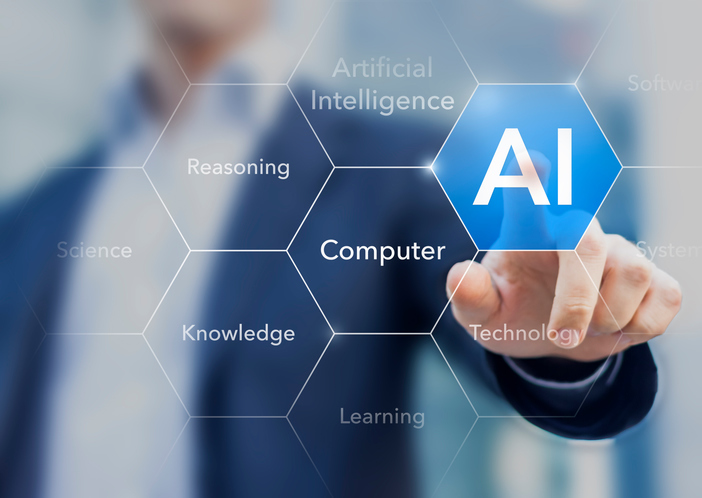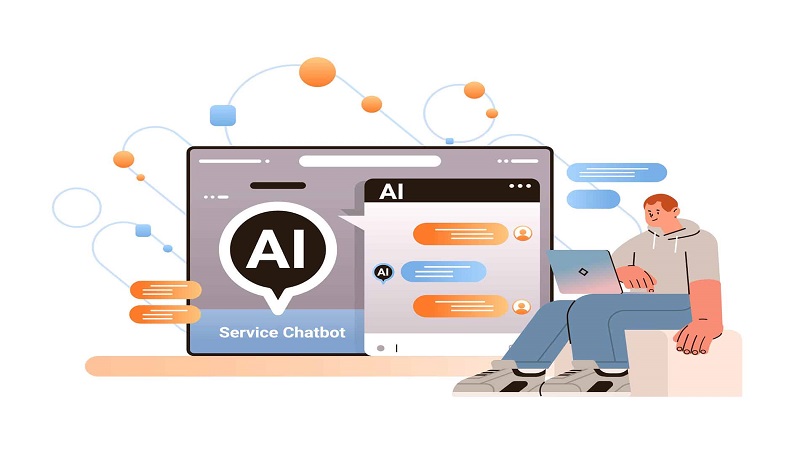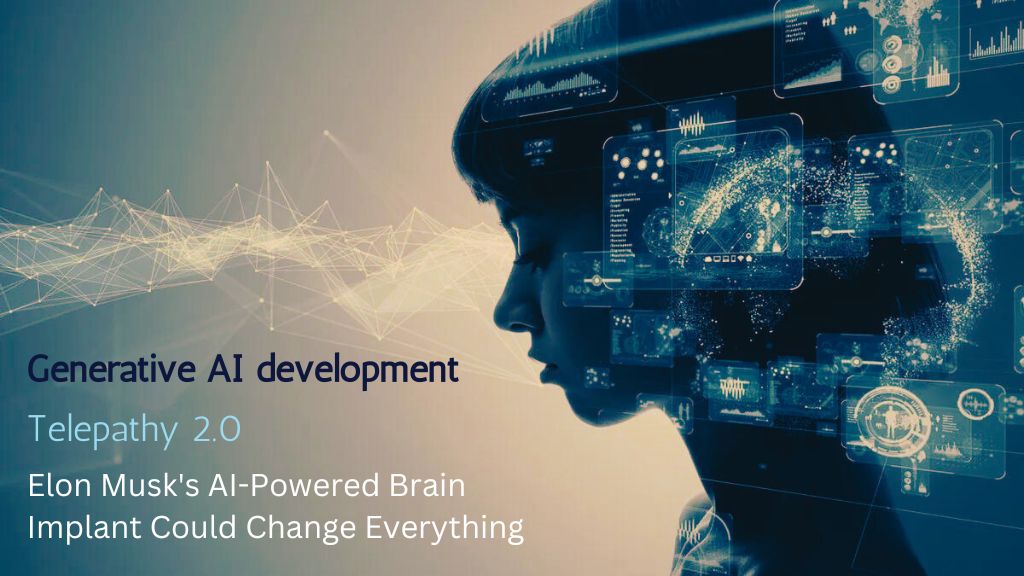With ChatGPT taking the world by the storm, we’ve collectively come to realise in real-time that the age of Artificial Intelligence (AI) technology is truly here.
AI has revolutionised the world of business. With the increasing volume of financial data in enterprises, AI has become an indispensable tool for accounting and finance professionals.
AI technology can automate mundane and repetitive tasks such as data entry, reconciliations and fraud detection. This allows accountants, financial analysts and data strategy consultants to focus on more tactical and analytical aspects. Additionally, AI can analyse large amounts of data quickly and accurately, enabling accountants and finance professionals to make sound decisions.
You can also use AI technology to predict financial trends, forecast future cash flows, and optimise financial operations. What’s more, AI can also help with insights and give recommendations to improve economic performance and reduce the instances of risk using machine learning algorithms.
Today, we will explore how artificial intelligence can help small businesses with accounting and finance.
Let’s dive in!
Commercial Financing Options
If you are a small business owner struggling to find financing options for your operations, AI can be your knight in a shining armour.
By effectively analysing your business’ financial situation, AI-powered tools can accurately help assess your creditworthiness and suggest relevant solutions.
These tools can be especially essential for small businesses having trouble obtaining traditional financing due to a fluctuating revenue stream. In certain cases, AI can also scour the internet and help you find alternative financing options like payday loans, commercial mortgages, etc.
Customer Service
You can use AI-powered chatbots to provide customer service and support to borrowers. These chatbots can answer common questions, provide information regarding loans and even help borrowers make payments and send applications for credits and advances.
By automating customer service tasks, lenders can improve the overall customer experience and reduce the workload for customer service representatives. With AI, you can evolve and transform your customer service and take it to a whole new level. The sky’s the limit.
Payment Processing
You can also use AI to automate payment processing and reduce errors and delays. AI systems can use machine learning algorithms to analyse payment patterns and identify potential issues or errors.
For example, if a borrower has missed a payment, the AI system can identify this and send reminders to the borrower. Lenders can reduce the risk of late payments or defaults by automating payment processing.
Enables Transparency
One of the biggest challenges facing the payday loans industry is the perception of predatory lending practices. AI tools could improve transparency and reduce the likelihood of borrowers falling into a debt trap.
Using AI algorithms to generate more accurate risk assessments, lenders can offer loans with more favourable terms, such as lower interest rates and longer repayment periods. Additionally, by using AI to analyse borrower data, lenders can identify when a borrower is likely to face financial difficulties and offer support and guidance before the situation becomes unmanageable.
Concerns with AI for Small Businesses
As with any technology, ethical considerations and challenges are associated with using AI for small businesses. One of the biggest concerns is the potential for AI to exacerbate existing biases and discrimination. To avoid this, lenders need to ensure that their AI systems are transparent and fair and not critical against certain borrowers.
The future of AI in payday lending is promising. As technology evolves and new applications emerge, we expect to see even more accurate risk assessments, personalised loan recommendations, and improved overall customer experiences. However, lenders must be aware of the ethical considerations and challenges associated with using AI and ensure that their systems are transparent, fair, and non-discriminatory.
AI’s Impact on The Accounting and Finance Sector
The finance and accounting sector has advanced from straightforward payroll and financial reporting to a number of paradigms actively contributing to forward-thinking companies. By automating bookkeeping activities, AI accounting software leverages a variety of jobs, giving professionals more time to plan and adequately contribute to the company’s growth.
The one basic constant in every business is change. Many professional accountants are looking for ways to manage the changes in the industry, particularly through embracing new operational practices and using the newest technologies.
Let’s take a look at some of these functions that can now be completed through AI:
Closing Procedures
The more time your organisation has to make strategies using data driven methods, the faster the figures can be obtained. Provide accountants with management data combined and consolidated from various sources. Since, AI is involved, this will lead to quicker quarterly and monthly closure processes with more accuracy.
Accounts Payable and Receivable
Small business accountants can perform their payable/receivable jobs more effectively by utilising digital workflow thanks to the present system’s AI-enabled invoice management technique. They can also manage and research the accounting code on the invoicefor precision and accuracy.
Audit
Digitalisation keeps track of the file and offers specific information regarding who, when, and where it was accessed. As a result, data and files are better protected. Auditors need not trawl file cabinets for paperwork during an audit because they can quickly and readily access digital information. It, therefore, becomes possible to audit a company’s financial transactions rather than just sampling, increasing auditing accuracy and efficiency.
AI Benefits for Accounting and Finance
Let’s go through a few advantages of AI for accounting and finance.
Onboarding of Suppliers
By integrating AI into your onboarding procedures, you may attract many new customers, boost revenue, and set your business apart from your competition.
AI-powered systems can now assess vendors by looking at their tax returns and credit reports. AI tools can configure all suppliers in the systems without human participation. To get the required data, they can also set up query portals.
Procurement
The organisation’s procurement and purchasing practices require extensive paperwork. Numerous records must be maintained on unconnected systems. The procurement process will become automated as AI machines use APIs to process unstructured data.
Monthly and Quarterly Cash Flow
AI offers financial management solutions that help businesses balance their operations, understand their historical cash flow behaviour, and accurately and quickly predict their cash needs. It shows trends for both the present and the future.
Your banking procedures are sped up and made accurate and secure by AI technology, gadgets, and software. Systems with AI capabilities will have the potential to gather and incorporate data from various sources. AI-powered computers will swiftly and easily collect and aggregate your monthly and quarterly cash flows.
Expense Control
AI-powered systems can replace people by automating all the laborious tasks that were previously completed manually, saving a lot of time especially for small businesses with limited resources. They work more quickly and effectively. Revising and finalising expenses can take time to ensure they adhere to the company’s standards.
The manual approach will take up extra time for your finance team to collate. As the entire chain will be digital, there will be no room for human error, and a more thorough, in-depth investigation will be possible thanks to AI. AI tools can review all invoices and audit expenses and alert human workers regarding security breaches.
Also read: What Is Artificial Intelligence?
Future of AI in Accounting and Finance
Although the use of AI in financial software is still in its early stages, the field is expanding swiftly. It is expected to give rise to several bookkeeping automation enterprises in the next few years. The complexity of transactions and the proportion of accounting work these technologies can perform are improving due to the rising demand for AI and machine learning.
However, AI can only partially replace human intelligence and judgement that bookkeepers and accountants bring to the table. Machines and people will always work together in financial management. AI does not have the key decision-making powers to make strategic suggestions and complicated business judgements that finance professionals can. Thus as a small business owner, you will still require the oversight of finance specialists to verify any bookkeeping entries produced by robots.
That said, the development of software applications related to artificial intelligence will significantly impact white-collar employment, including accounting.
To Sum Up
Given what we’ve looked at so far, artificial intelligence has been the most important development in recent years. Thanks to all the benefits that come with it, it can execute jobs more successfully and accurately,and give the financial and accounting industries a boost.
However, to completely comprehend and use artificial intelligence, we also need to be mindful of the dangers that could arise from using it. Future production and effectiveness will increase while obstacles will diminish or disappear altogether.
















Leave a Reply